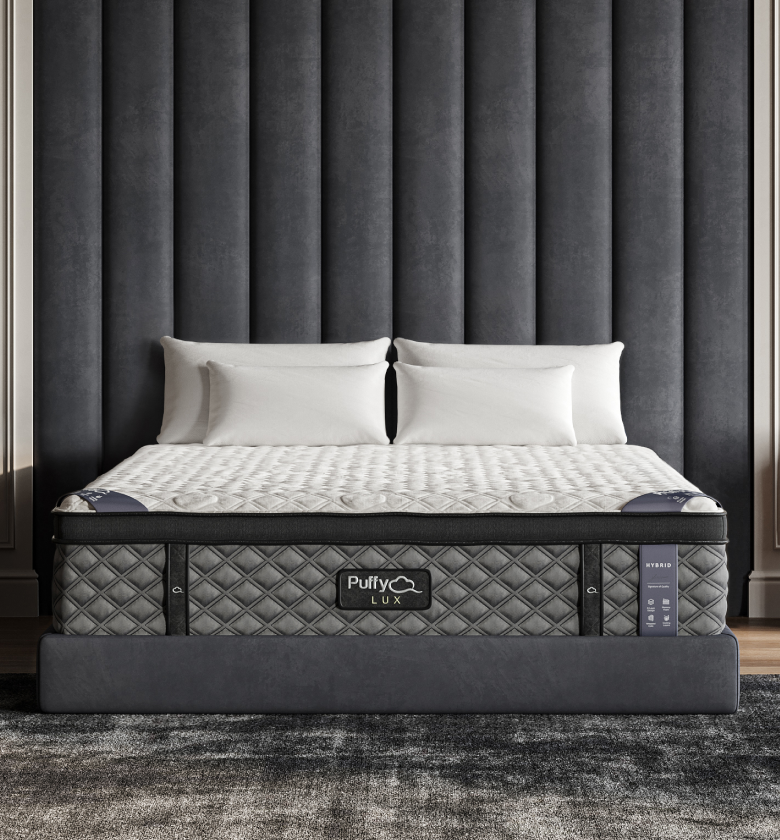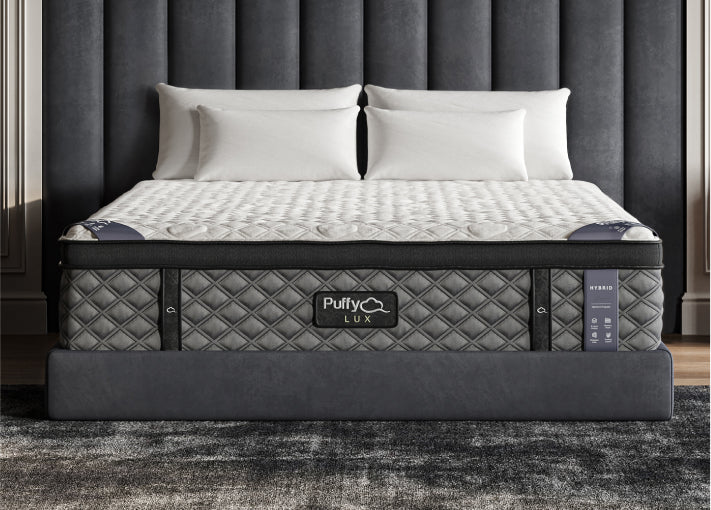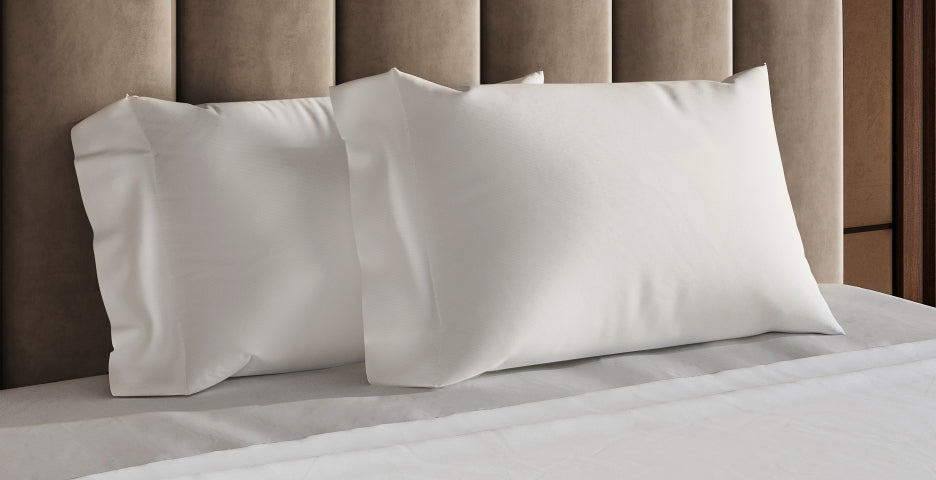Choosing the right mattress involves considering various factors, including its weight limit. Understanding the weight capacity of a mattress is essential for ensuring its longevity and maintaining your comfort. This blog delves into the weight limits of different mattress types, how much weight they can hold, and other related considerations.
Weight Limit on Mattress: Why It Matters
The weight limit on a mattress is a crucial factor that often goes unnoticed but has significant implications for mattress performance and longevity.
Understanding the Significance
- Structural Integrity: Mattresses are designed to support a certain weight range. Exceeding this limit can strain the mattress’s internal structure, leading to sagging and loss of support over time.
- Comfort and Support: The right weight capacity ensures the mattress can properly contour and support the body, which is essential for a good night’s sleep and overall spinal health.
- Warranty Considerations: Overloading a mattress beyond its recommended weight limit can void the warranty, leaving you unprotected against potential defects.
Assessing Your Needs
- Consider the Sleepers: Account for the combined weight of all users. For couples or shared beds, it’s crucial to choose a mattress that can comfortably support the combined weight.
- Lifestyle Changes: Consider potential weight fluctuations over time due to factors like growth, health changes, or lifestyle adjustments.
How Much Weight Can a Mattress Hold?
The weight capacity of a mattress varies by type, size, and construction. Here’s a more detailed look at what different mattresses can handle.
Capacity by Mattress Type
- Memory Foam and Latex Mattresses: Generally support up to 250-300 pounds per side. High-density foam options might offer more support.
- Innerspring Mattresses: Standard models typically hold around 250-300 pounds per side. Reinforced or high-quality spring mattresses might support more.
- Hybrid Mattresses: Designed to offer more support, they can often hold about 300-350 pounds per side. Some premium models are built to handle even more.
Size and Weight Capacity
- Twin and Twin XL: Suitable for single sleepers and can typically support up to 250 pounds.
- Full and Queen: Designed for one or two sleepers, with an average capacity of 500-600 pounds in total.
- King and California King: These larger sizes are built to accommodate more weight, usually up to 650-750 pounds in total.
Puffy mattresses, known for their high-quality construction, offer robust support that accommodates a range of body weights, ensuring durability and comfort regardless of the sleeper’s size.
Interested in how Puffy stacks up against other brands? Check out our mattress comparisons: Puffy vs Purple, Puffy vs Nectar, Puffy vs Casper, Puffy vs Leesa, Puffy vs Saatva, Puffy vs DreamCloud, and Puffy vs Tuft and Needle.
Does Bed Weight Limit Include Mattress?
When evaluating the overall weight capacity of your sleep setup, it's essential to understand how much weight can a bed frame hold and how it correlates with the mattress's weight limit.
Total Weight Consideration
- Combined Weight: The weight limit of a bed frame typically includes the weight of the mattress plus the sleepers. It’s crucial to consider the combined weight to avoid overburdening the bed frame.
- Manufacturer’s Guidelines: Always refer to the bed frame manufacturer’s specifications for accurate weight capacity information.
Importance of Compliance
- Safety: Overloading a bed frame can pose a risk of structural failure, which is a significant safety concern.
- Durability: Staying within the recommended weight limit ensures the longevity of both the mattress and the bed frame.
Check out Puffy mattress reviews from real customers and see how we compare with other brands.
Weight of Different Mattress Types
The weight of a mattress can vary significantly depending on its type and construction. Understanding these differences is important for handling and longevity.
Typical Weights by Mattress Type
- Memory Foam Mattresses: Generally lighter than innerspring or hybrid models. A queen-size memory foam mattress can weigh between 50 to 100 pounds.
- Innerspring Mattresses: The inclusion of metal coils generally makes these heavier. A queen-size innerspring mattress might weigh between 100 to 150 pounds.
- Latex Mattresses: Known for being dense and heavy, a queen-size latex mattress can weigh over 100 pounds, often more than memory foam or innerspring options.
- Hybrid Mattresses: Combining foam and coils, hybrids are often among the heaviest, with a queen-size weighing anywhere from 120 to 180 pounds.
Considerations for Mattress Weight
- Handling and Moving: Heavier mattresses can be more challenging to set up and move, which is an important consideration if you plan to relocate or rearrange your sleeping area frequently.
- Bed Frame Compatibility: Ensure that your bed frame can adequately support the weight of your chosen mattress type.
Puffy mattresses are designed with a balance of lightweight design and strong support, making them suitable for a wide range of users without compromising on durability and comfort.
Use our store locator to find the closest furniture or mattress store near you and feel the cloudlike comfort of our Puffy Mattress in person.
Conclusion
The weight limit of a mattress is a key factor to consider for ensuring its longevity and your comfort. Different mattress types offer varying weight capacities, making it important to choose one that suits your specific needs. For instance, lighter individuals might find a broader range of options suitable, while those on the heavier side should consider what type of mattress is best for a heavy person to ensure adequate support and durability. Additionally, considering the total weight capacity of your entire bed setup, including the mattress, is essential for both safety and longevity.

$1,350 in savings
Transform your comfort with the Puffy Lux.
Relax into award-winning comfort with this hybrid mattress:
- 8 layers of cloudlike luxury.
- Medium-plush feel.
- Gel-infused cooling.
- 101-night sleep trial.













